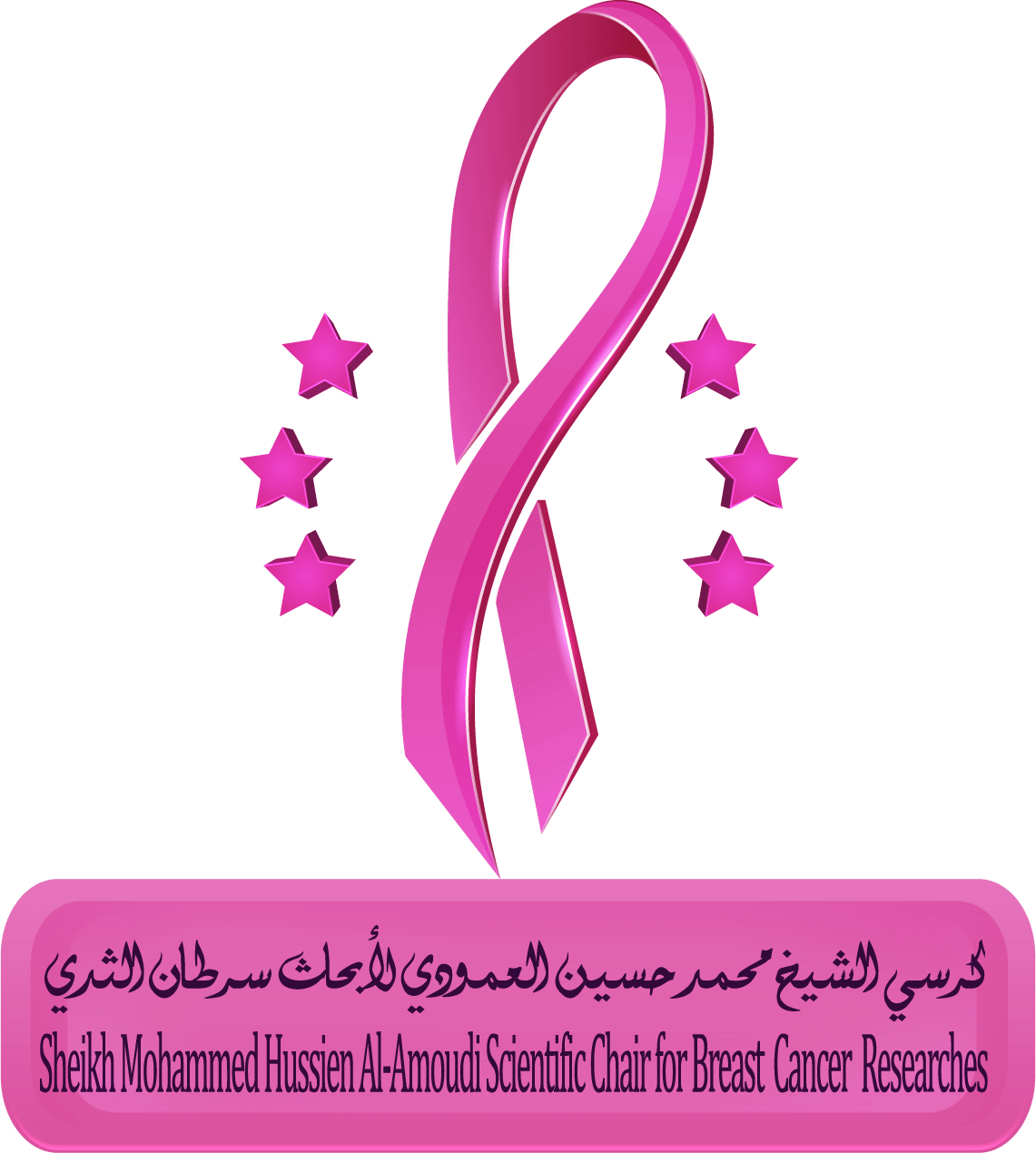Frequently Asked Questions
|
Untitled 1
|
|
| |
|
|
|
|
|
|

|
Q1: How are the Sheikh Mohammed Hussien Al-Amoudi chair for Breast Cancer and the Sheikh Mohammed Hussein Al-Amoudi Center of Excellence in Breast Cancer different?
A: Because the Chair and the Center work together so closely, it is easy to mix them up. Even though both of them are supported by Sheikh Mohammed Hussein Al-Amoudi, and both share the same mission and mission and strive to reach the same goals, they work in different ways. While the Chair is more concerned with research, the Center actively provides a number of services, starting with spreading knowledge about the importance of early detection, all the way up to providing comprehensive medical services that breast cancer patients need, such as diagnosis, moral support and specialized consultancies.
As such, the Chair is a charity donated by prominent businessman and philanthropist Sheikh Mohammed Hussein Al-Amoudi, who realized that the only true investment with certain returns is that with God. He financed the Breast Cancer Research Program that started in November 2008 with a mission to spread knowledge on the importance of early detection as the first step on the way to a world free of breast cancer.
Shekh Mohammed also financed the Center, established in 2009. The Center is involved in research partnerships with specialized centers in Switzerland and the US.
The Center comprises an early detection unit with the latest world-class equipment, a breast cancer consultancy clinic and an arm tumor clinic. Through the Chair, the Center is working on a strategy to spread knowledge about early detection among specialists and healthcare workers. The project is expected to be completed this year to become a reference in the field.
Q2: What is the purpose of the Breast Cancer Sign Language Handbook?
A: The purpose of the handbook is to make sure that no one is left out. The book aims to provide basic information that every woman should know, so as to raise the level of awareness about health, not only among woman, but in every facet of society, even those who can only communicate in sign language. These women usually do not get the healthcare they fully and duly deserve, even though one of their basic rights is to get all the information they need to help them detect any threats as early as possible. This handbook is our effort to help these woman take their human, medical and social rights back.
Q3: What is the connection between breast cancer and the deaf and mute?
A: The unfortunate fact that they tend to be sidelined from every walk of life must not make us forget that these women are just as susceptible to breast cancer as the rest of us.
|
|
|
|

|
|